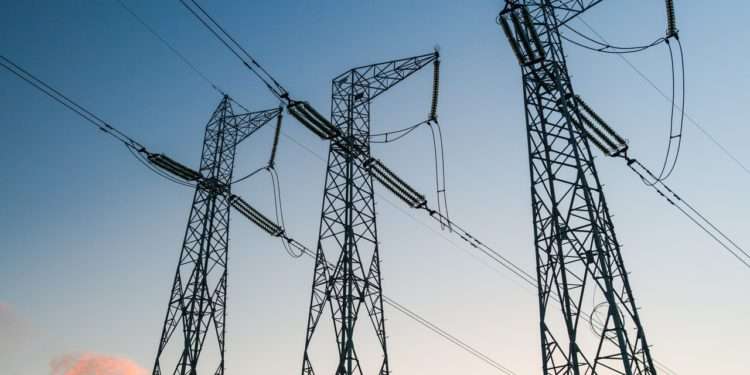Electricity: PURC hikes residential tariff by 27.15%; maintains non-residential tariff in support of SMEs growth
“The Commission gave considerable thought to the role of small and medium scale enterprises in the country’s economic development, in particular, the creation and preservation of jobs and livelihoods. The existing tariff is structured in a manner that imposes punitive tariffs on non-residential and industrial consumers in order to subsidize residential consumers of electricity.
- Advertisement -
The Public Utilities Regulatory Commission (PURC) has concluded and announced its decision in the multi-year major tariff review for electricity, water and natural gas services.
The announcement of the tariff review for the 2022-2025 year period follows extensive stakeholder consultations by the PURC informed by rigorous analyses and intense debates.
- Advertisement -
The utility regulator in a statement on Monday, August 15, 2022, announced a 27.15% increment in electricity tariff for residential consumers.
- Advertisement -
The 27.15% increment in electricity tariffs for residential consumers translates into a monthly electricity tariff of GHS 10.73 pesewas, some GHS 3 increment when compared to the previous GHS 7.45 pesewas electricity tariff.
For residential lifeline consumers, the PURC maintained electricity tariff at GHS 2.13 pesewas per month.
Same was done to non-residential consumers, particularly SMEs (hairdressers, barbering shops, tailoring and dress making shops, mechanics, welding etc) as the PURC maintained electricity tariff paid by these businesses at GHS 12.42 pesewas per month.
For special load tariff consumers however, electricity tariff was increased from GHS 49.71 pesewas per month to GHS 500 per month indicating a 920 percentage points increment in electricity tariff.
Assigning reasons for its decision to increase electricity tariffs of residential consumers as opposed to that of non-residential consumers or businesses, the PURC noted that the move is to help in the creation and preservation of jobs and livelihoods as the existing tariff structure imposes punitive tariffs on businesses.
- Advertisement -
“The Commission gave considerable thought to the role of small and medium scale enterprises in the country’s economic development, in particular, the creation and preservation of jobs and livelihoods. The existing tariff is structured in a manner that imposes punitive tariffs on non-residential and industrial consumers in order to subsidize residential consumers of electricity.
“This structure has contributed to loss of competitiveness of Ghanaian industry including small and medium size household enterprises. The implications for jobs and the general welfare of residential consumers is adverse and obvious.
“To address the challenge, for the first time, industry and small and medium scale business owners of Hairdressing and Beauty Parlours/Salons, Barbering Shops, Tailoring and Dress Making Shops, Welding, Mechanics, Cold stores, Chop bars, Vulcanising and Carpentry Workshops among others will now pay lower tariffs than the residential consumer class,” stated the PURC.
“This is to address the high electricity cost for industrial customers which has been repeatedly identified in the AGI Business Barometer as the key challenge affecting the competitiveness of Ghanaian industry in the global market place.
“The objective here is to support industry to expand and enhance its ability to generate decent employment. This tariff decision is a first step in a gradual process to invert the tariff structure over the next few years in support of the industrialisation programme of government,” the PURC added.
The revised and announced electricity tariff for residential and non-residential consumers is contrary to the 148% and 113% tariff increment demanded by the ECG and NEDCo respectively.
According to the PURC, the new water tariff kickstarts September 1 , 2022.
Source: norvanreports.com
- Advertisement -


